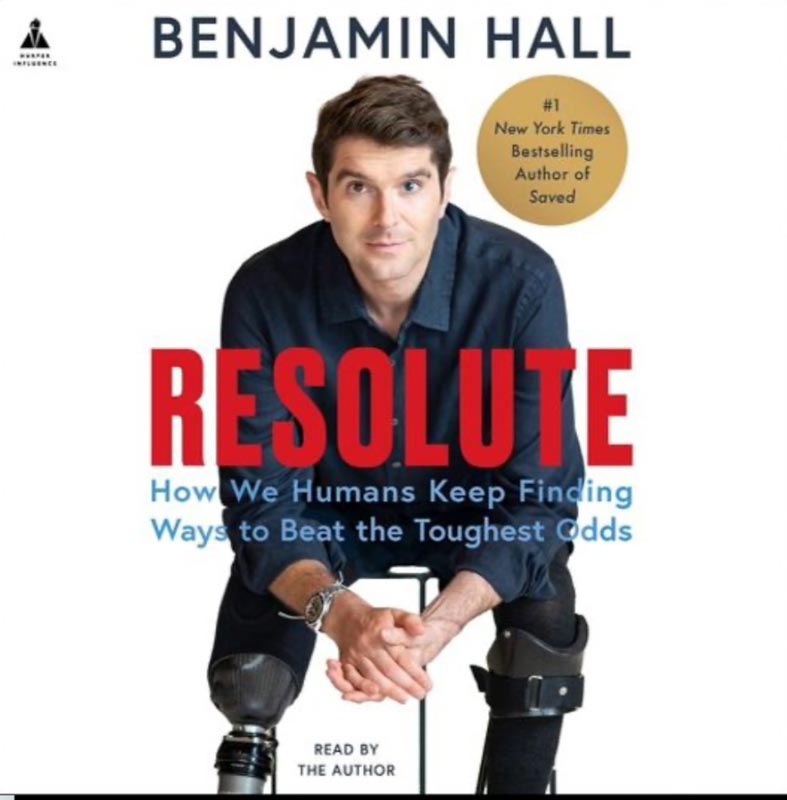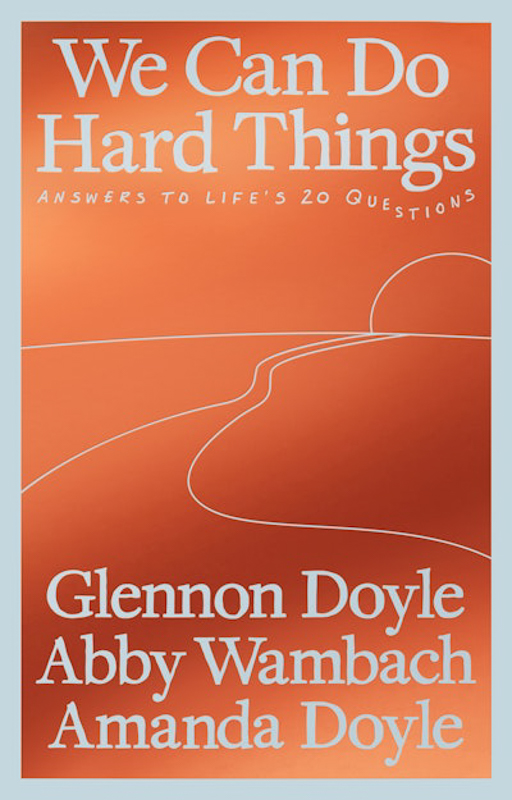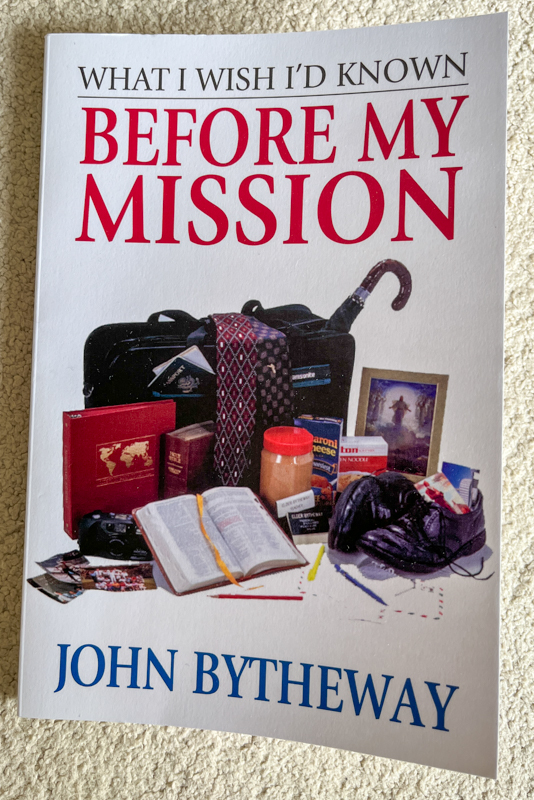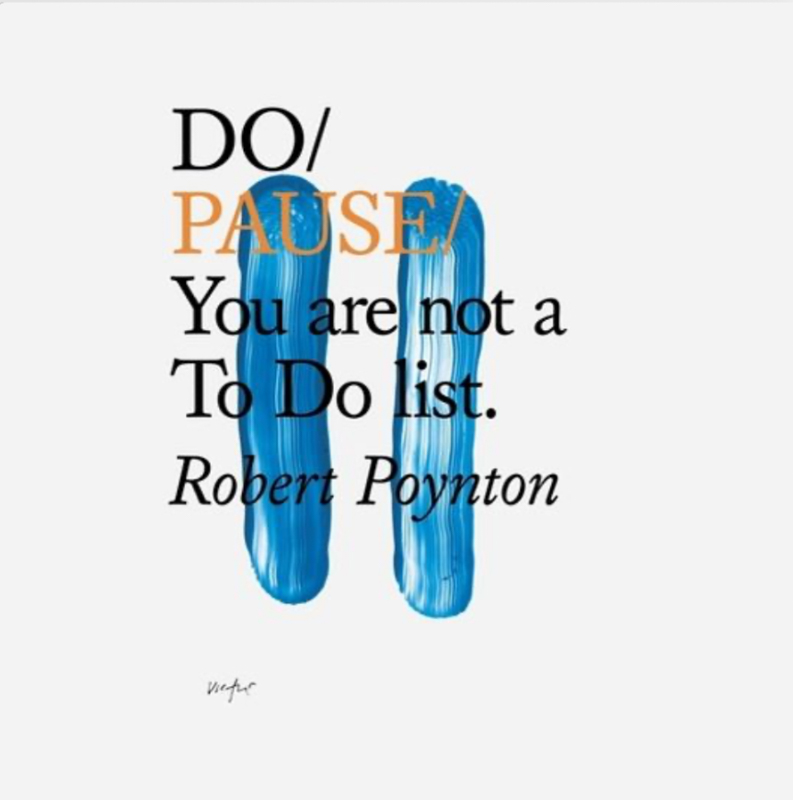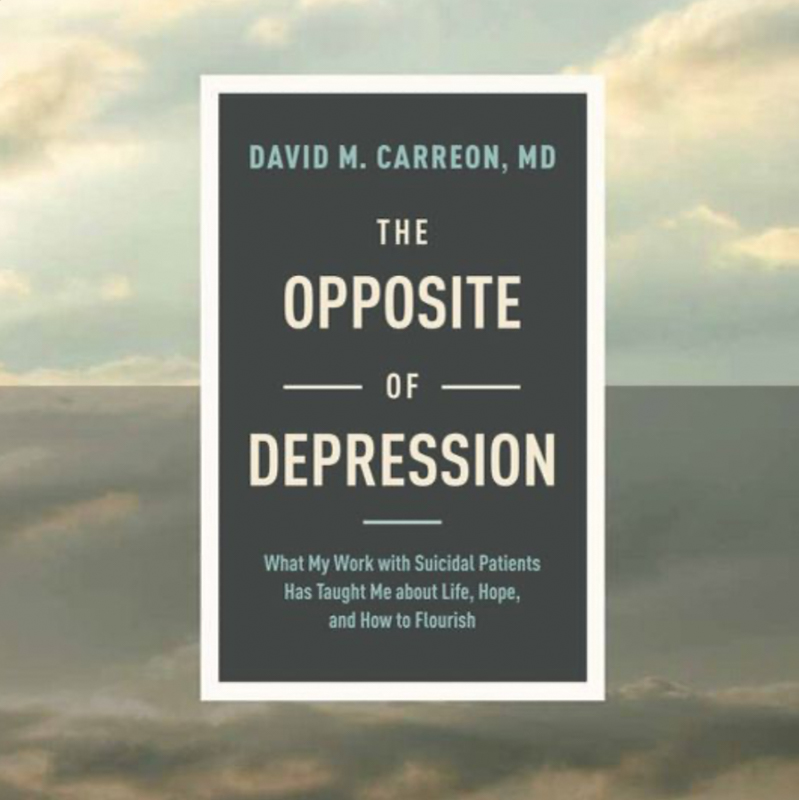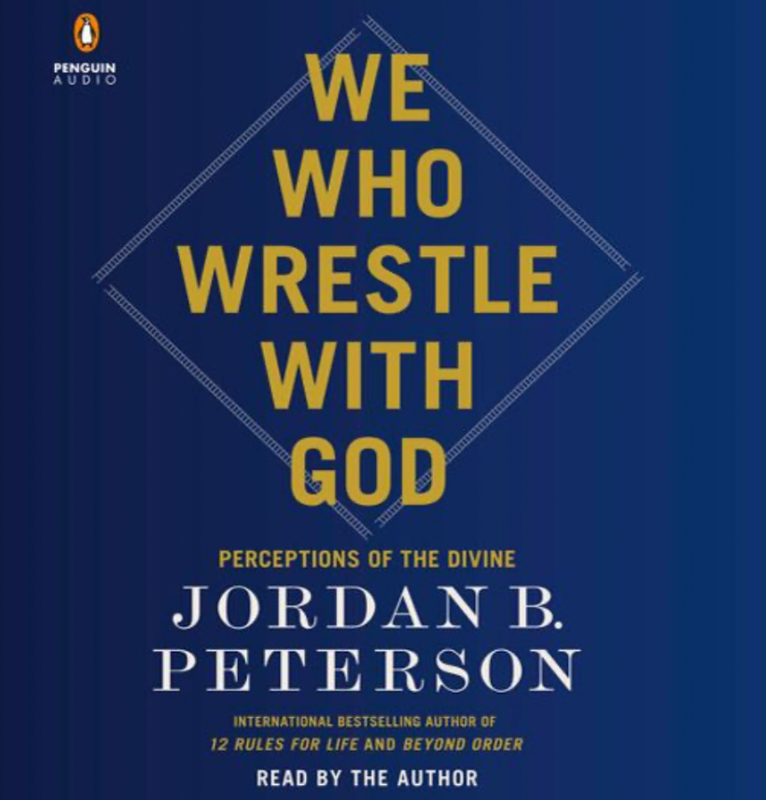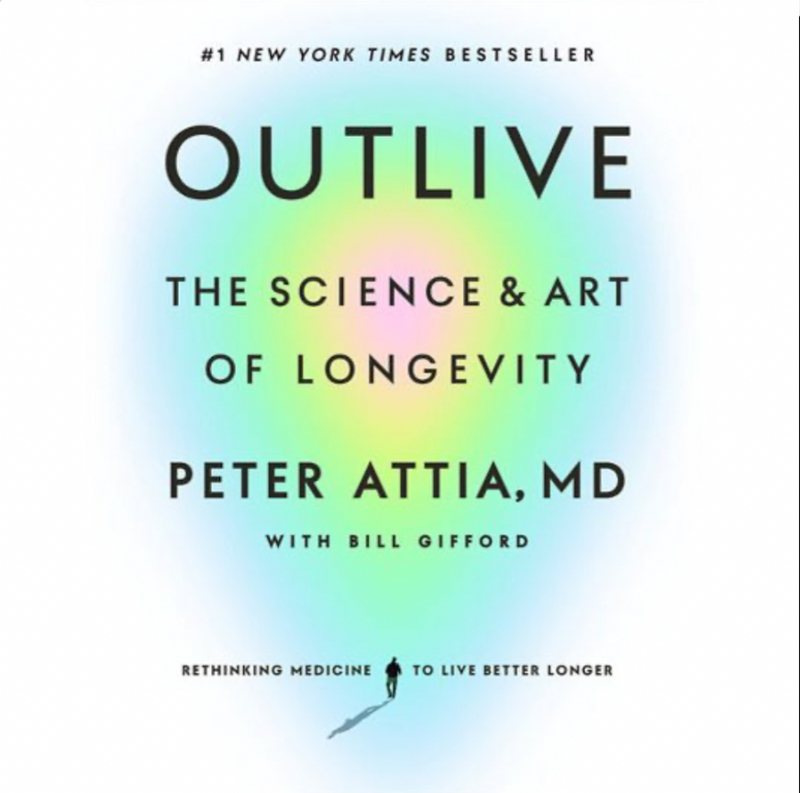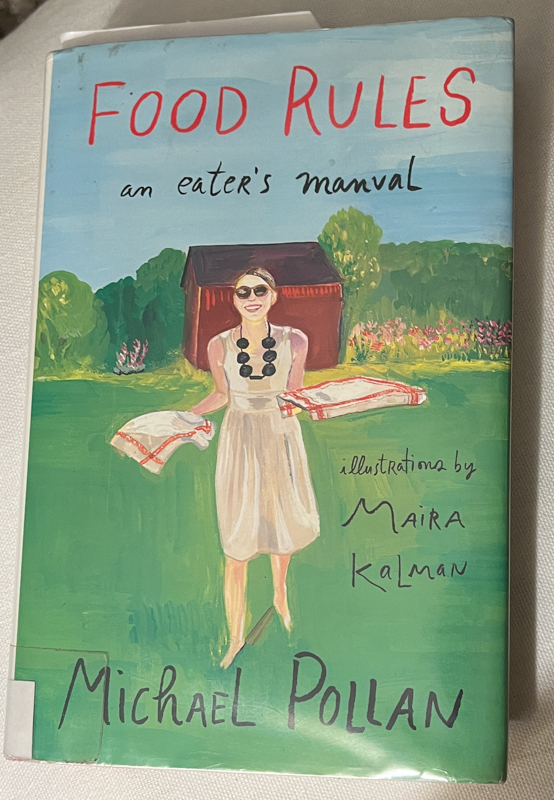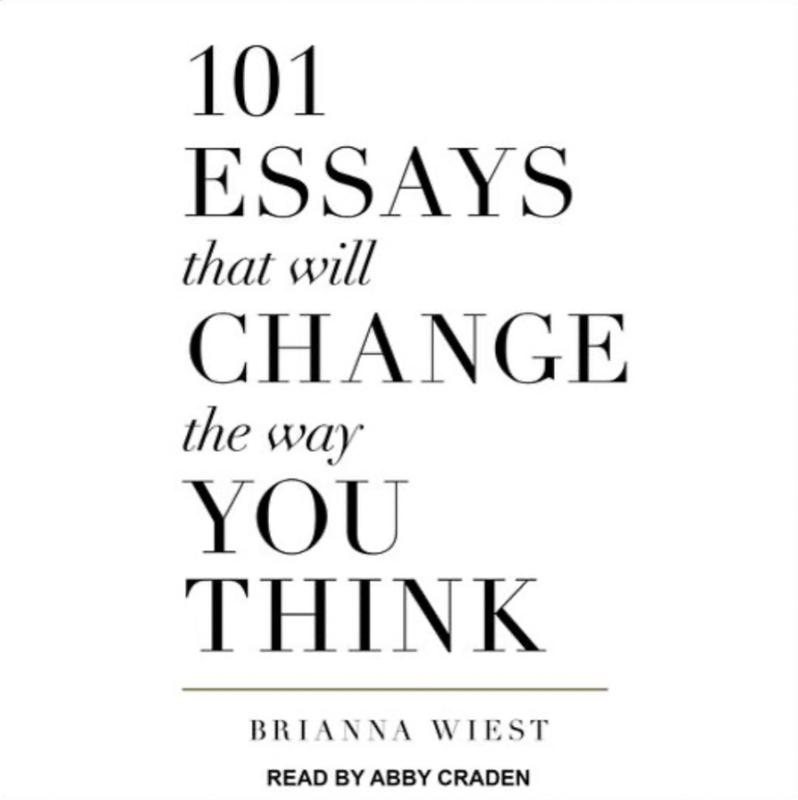The Anxious Generation
Background
Published in 2024, “The Anxious Generation: How the Great Rewiring of Childhood is Causing an Epidemic of Mental Illness” by Jonathan Haidt examines the rise in adolescent mental health issues over the past decade, attributing much of the trend to the shift from play-based, in-person childhoods to screen-based, phone-centric upbringings. Haidt argues that this “great rewiring” began around 2010 with the widespread adoption of smartphones and social media, which disrupted key developmental processes. Drawing on psychology, sociology, and education research, the book outlines the ways in which this digital transformation has contributed to increased anxiety, depression, and social withdrawal among youth. Haidt proposes a framework for reversing these effects by advocating for later introduction of smartphones, more independence for children, and greater emphasis on real-world experiences.
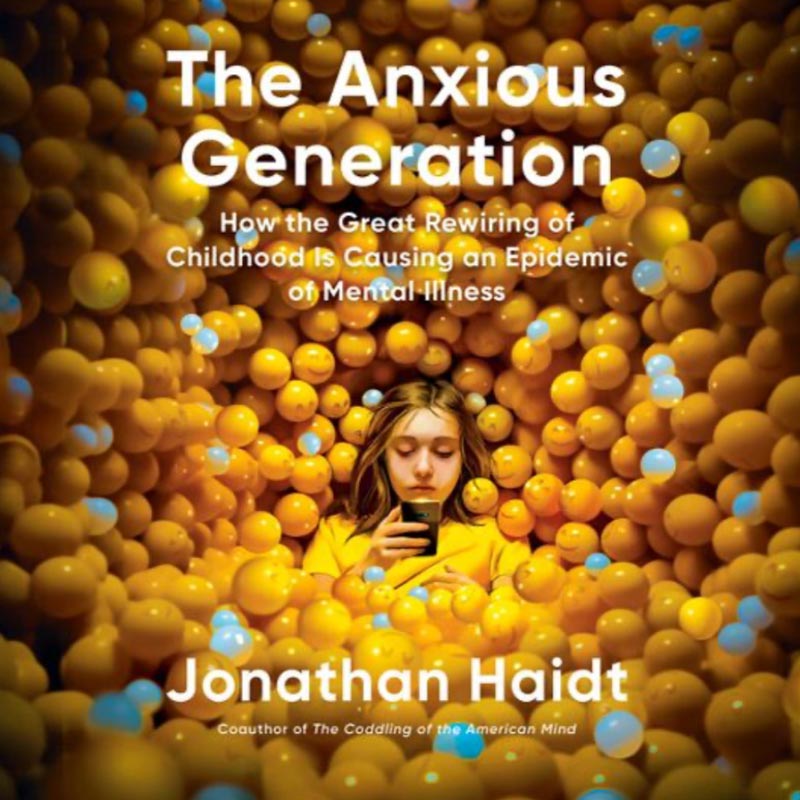
My Thoughts
This was a truly terrifying read that caused a great deal of thought and rethinking of our current youth culture. After finishing the book, I believe there should be an additional volume addressing how this screen culture has rewired adults as well.
I’m more and more convinced about how plastic the brain and body can be. How someone can completely transform themselves given the right conditions. However, that concept is also at play with respect to sitting in front of a screen all day. This impacts us all. I really loved how well Haidt brought in the larger social influences in addition to the impacts on the individual. If you take a phone away from a young person, they still are in a world where everyone else has a phone and so they can’t interact like I was able to growing up in the pre-phone era.
The key take away for me? I like the saying, “Fake war and fake love does not make a real man.” – Unknown authorship. After reading this book, I could say, “Fake friends and impossible expectations will break anyone.”
Recommendation
An important read for any parent.
